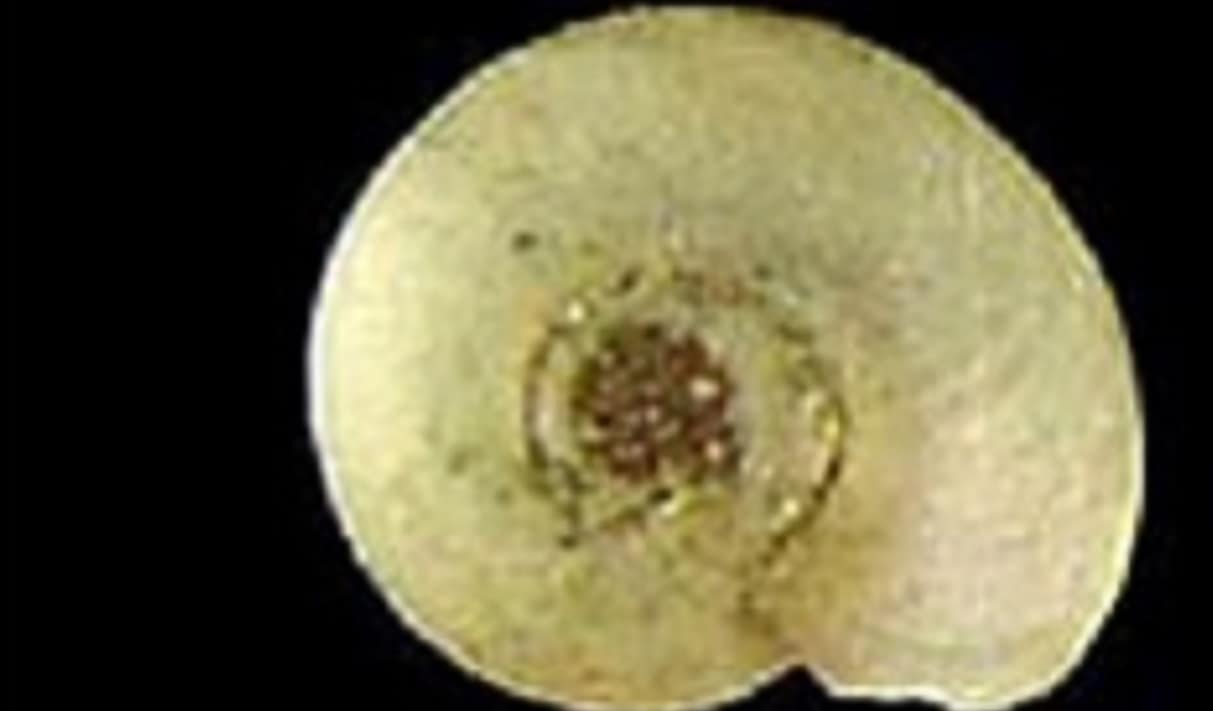Key points
- Fasciolopsiasis is an infection caused by the parasite Fasciolopsis buski, an intestinal fluke.
- You can get infected by eating raw or undercooked aquatic plants that have the organism encysted (enclosed by a thick membrane or shell) on them.
- You can treat Fasciolopsis infection with medication.

Overview
Fasciolopsiasis is an infection caused by the parasitic fluke, Fasciolopsis buski. It is the largest intestinal fluke that humans can get. You can find Fasciolopsis in south and southeastern Asia. Both humans and pigs can become infected. Fasciolopsiasis, also called Fasciolopsis infection, is treatable with medication.
Resource
Signs and symptoms
Most people with Fasciolopsis infection have no symptoms. However, abdominal pain and diarrhea can occur one or two months after infection. With heavy infections, Fasciolopsis flukes can cause
- Intestinal obstruction
- Abdominal pain
- Nausea
- Vomiting
- Fever
Allergic reactions and swelling of the face and other parts of the body can also occur. Some people may experience anemia (a condition where there are not enough red blood cells in the body).
Causes
You can get Fasciolopsis infection by eating raw or undercooked aquatic plants that have the organism attached to them. You can find Fasciolopsis in south and southeastern Asia. Both people and pigs can get Fasciolopsis infection.
People and pigs pass the eggs in their feces (poop). The eggs develop in freshwater and infect snails. After further development in the snails, the parasites leave the snail and attach to freshwater plants. People become infected when they eat the contaminated water plants, such as watercress, raw (or undercooked).
Prevention
The easiest way to prevent Fasciolopsis infection is to not eat raw or undercooked freshwater plants. Otherwise, you can cook all freshwater plants well before eating them (in boiling water).
To prevent from spreading Fasciolopsis
- Do not let feces from humans or pigs get into the water where freshwater plants grow.
- Do not feed raw freshwater plants to pigs.
